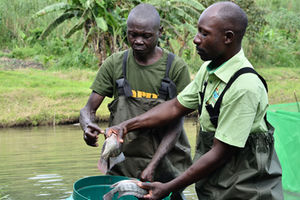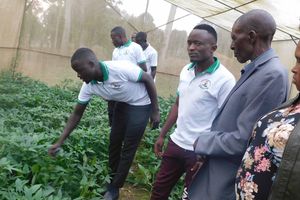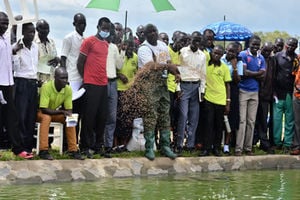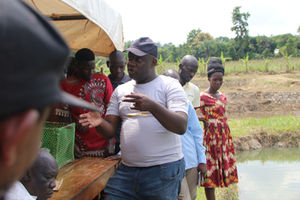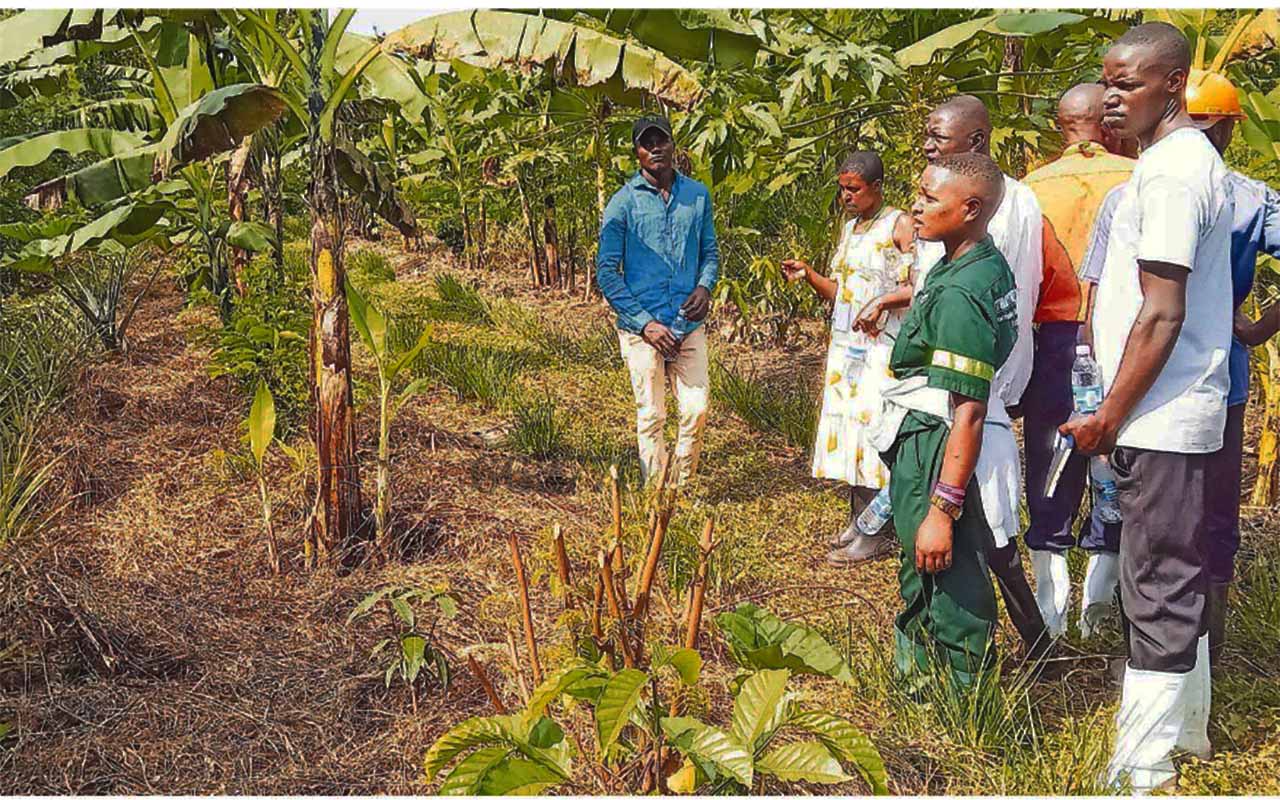
Mr Michael J. Ssali
Fish farming is one of the economic activities that have not attracted sufficient attention in the history of our country. In many cultures fish consumption was restricted and women were never allowed to eat it.
Among the Baganda where fish was commonly consumed some fish species such as Mamba were never eaten by women.
Fish could only be obtained by fishing (fish hunting and gathering) and not by fish farming. Even today in Uganda fish hunting is more practiced than fish farming.
Yet we are well endowed with rivers, lakes, and swamps along which fish farming can be done.
Our country prides itself to be the source of the Nile and, together with Tanzania and Kenya, we own Lake Victoria which is the world’s second-largest fresh water lake but Egypt whose real source of water is the Nile is Africa’s leading fish producer at around two million metric tonnes annually.
Egypt’s fish farming success story should therefore be a clear demonstration that fish farming is a more paying economic activity than mere fishing which is our preoccupation in Uganda.
Lake Victoria and the many other fresh water lakes as well as the rivers and swamps cannot be depended upon forever for all the fish that we need for food and for export.
Our population growth rate is one of the highest in the world and it is impossible for us to go on hunting fish to satisfy our needs.
We must devise ways of sustainably using our wetlands to rear fish instead of settling in them, growing crops, and building factories there.
The common complaint among fishermen on our lakes is rough treatment by law enforcement bodies due to reported bad fishing practices.
Yet there is a lot of land elsewhere along rivers and swamps that can be used for fish farming.
With proper guidance farmers can construct fish ponds and harvest fish without any fear of the dangers and risks associated with fish hunting in lakes and rivers.
Most commonly consumed fish grow very fast and they are highly prolific and ready for harvest in only a few months. The market for fish is readily available.
Fish feeds don’t count for much because fish can feed on insects that fly in the air or on vegetation creeping into the ponds. Ever bothered to ponder about who feeds them in the lakes and rivers?
Mr Michael Ssali is a veteran journalist
